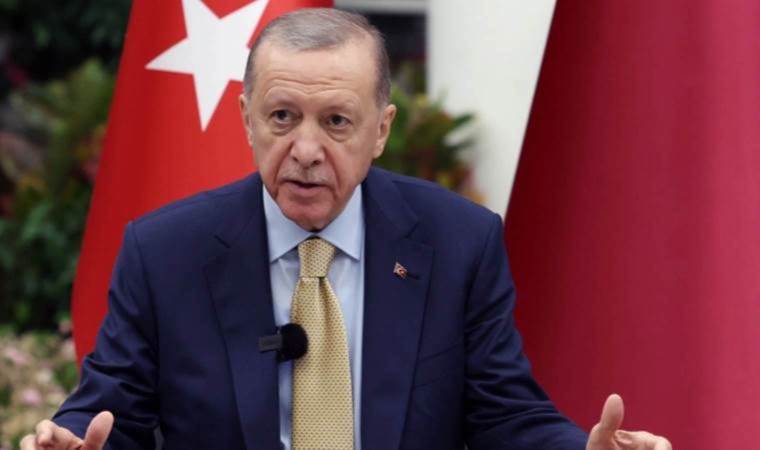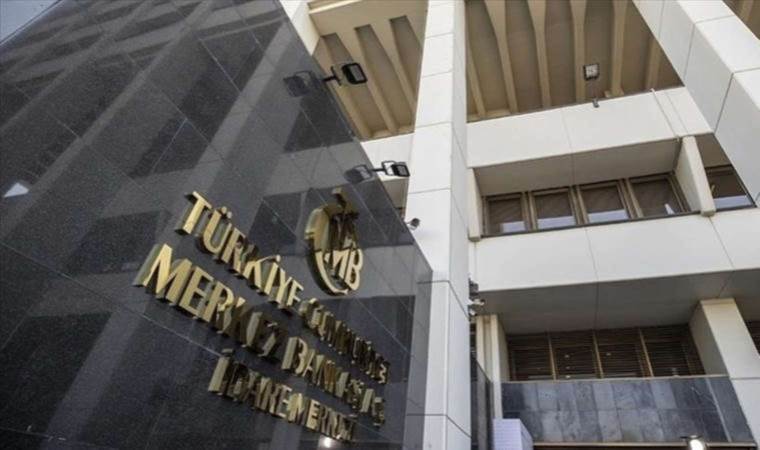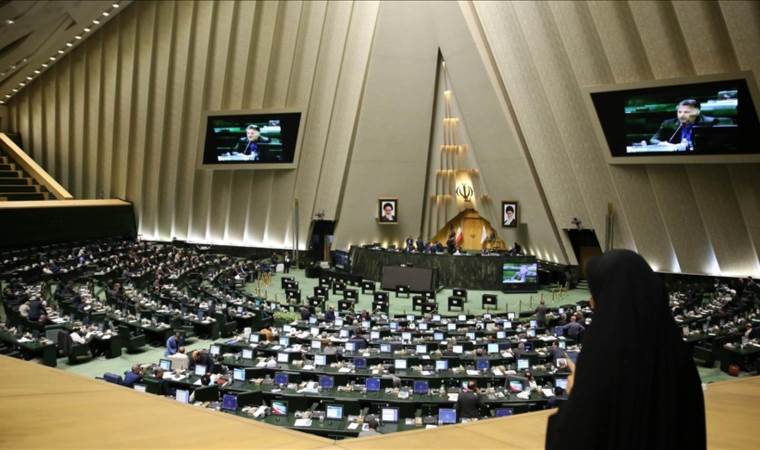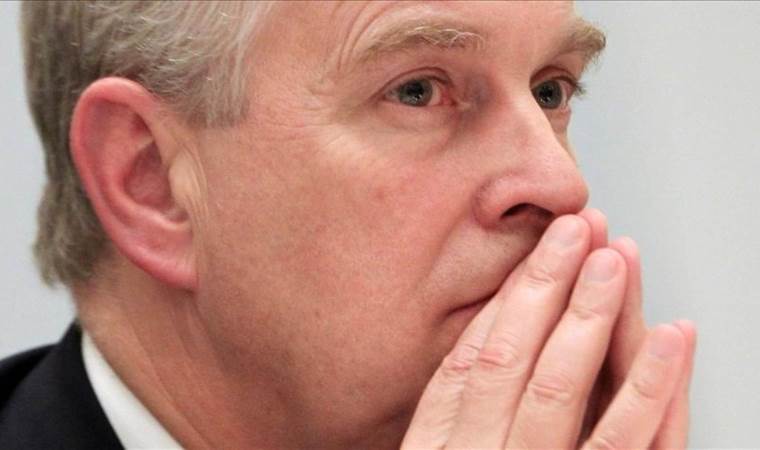Turkey's inflation reaches 68.5% ahead of electoral setback for Erdogan's party
Turkey's annual inflation rate surged to 68.5% in March, a development that played a significant role in President Tayyip Erdogan's party suffering considerable losses in the local elections over the weekend. The Turkish Statistical Institute reported a monthly inflation rate of 3.16%, a decrease from the 4.53% and 6.7% seen in the preceding two months, as the effects of wage increases and other price adjustments at the year's start began to wane.

The consumer price index was slightly lower than anticipated, with experts predicting an annual inflation of 69.1% for March and a monthly rate of 3.5%, according to a Reuters poll. Longstanding inflation, significantly exceeding Turkey's 5% target due to Erdogan's unconventional monetary policies, is expected to drop to around 44% by the end of the year—still higher than the central bank's 36% forecast.
The AK Party lost mayoral positions in several provinces and faced defeat in major cities like Istanbul and Ankara, marking its most significant electoral loss since its inception over two decades ago. The cost-of-living crisis was a key factor in the electorate's dissatisfaction with Erdogan and his party, as noted by AKP officials and analysts. Harun Armagan, a central decision board member and the vice chair of foreign relations for the AKP, acknowledged the election's challenges, attributing them to strict fiscal policies that, despite being tough now, are expected to benefit the country in the future.
Policy Shift
In a stark change of direction, the central bank initiated a rigorous monetary tightening cycle in June, moving away from the low-rate policy long championed by Erdogan. Last month, it unexpectedly raised interest rates by 500 basis points to 50%, citing a worsening inflation outlook. Erdogan, in an AKP meeting on Tuesday, admitted that high inflation significantly influenced voter sentiment, noting that pensioners, in particular, experienced a reduction in welfare and that efforts to mitigate these difficulties were insufficient.
The March consumer price data highlighted substantial monthly increases in education (13.1%) and communication (5.65%). Inflation drivers also included food and non-alcoholic beverages, housing, and costs related to restaurants and culture. Following the release of this data, Finance Minister Mehmet Simsek stated that recent monetary and fiscal tightening would anchor inflation expectations and promote disinflation. "We will continue to do whatever is necessary until we achieve our main priority of price stability," he declared on X, the social media platform. In February, the annual consumer price inflation (CPI) stood at 67.07%, with the domestic producer price index rising 3.29% month-on-month in March, leading to an annual increase of 51.47%.
Most Read News
-
 Gradual integration
Gradual integration
-
 Iran’s Khamenei warns of regional war in case of US atta
Iran’s Khamenei warns of regional war in case of US atta
-
 Israel launches drone strike on vehicle in southern Leba
Israel launches drone strike on vehicle in southern Leba
-
 Iranian parliament designates European armies as ‘terror
Iranian parliament designates European armies as ‘terror
-
 Costa Rica votes with security in mind as conservatives
Costa Rica votes with security in mind as conservatives
-
 Israel reopens Gaza's Rafah crossing ‘in pilot operation
Israel reopens Gaza's Rafah crossing ‘in pilot operation
-
 Epstein signed $25M agreement with Rothschild Group in 2
Epstein signed $25M agreement with Rothschild Group in 2
-
 Starmer urges Prince Andrew to testify before US Congres
Starmer urges Prince Andrew to testify before US Congres
-
 Trump says Iran 'seriously talking' to US
Trump says Iran 'seriously talking' to US












